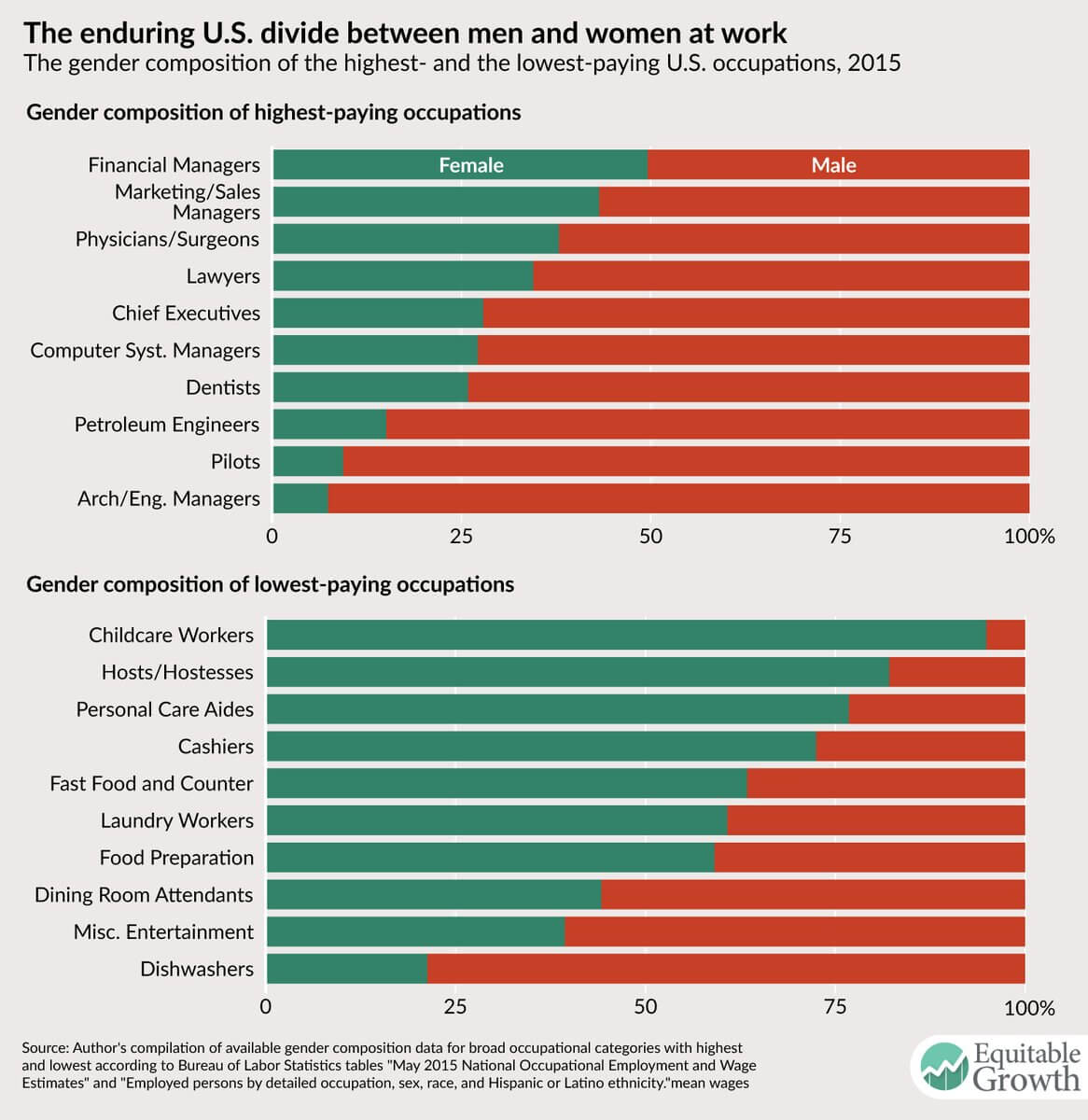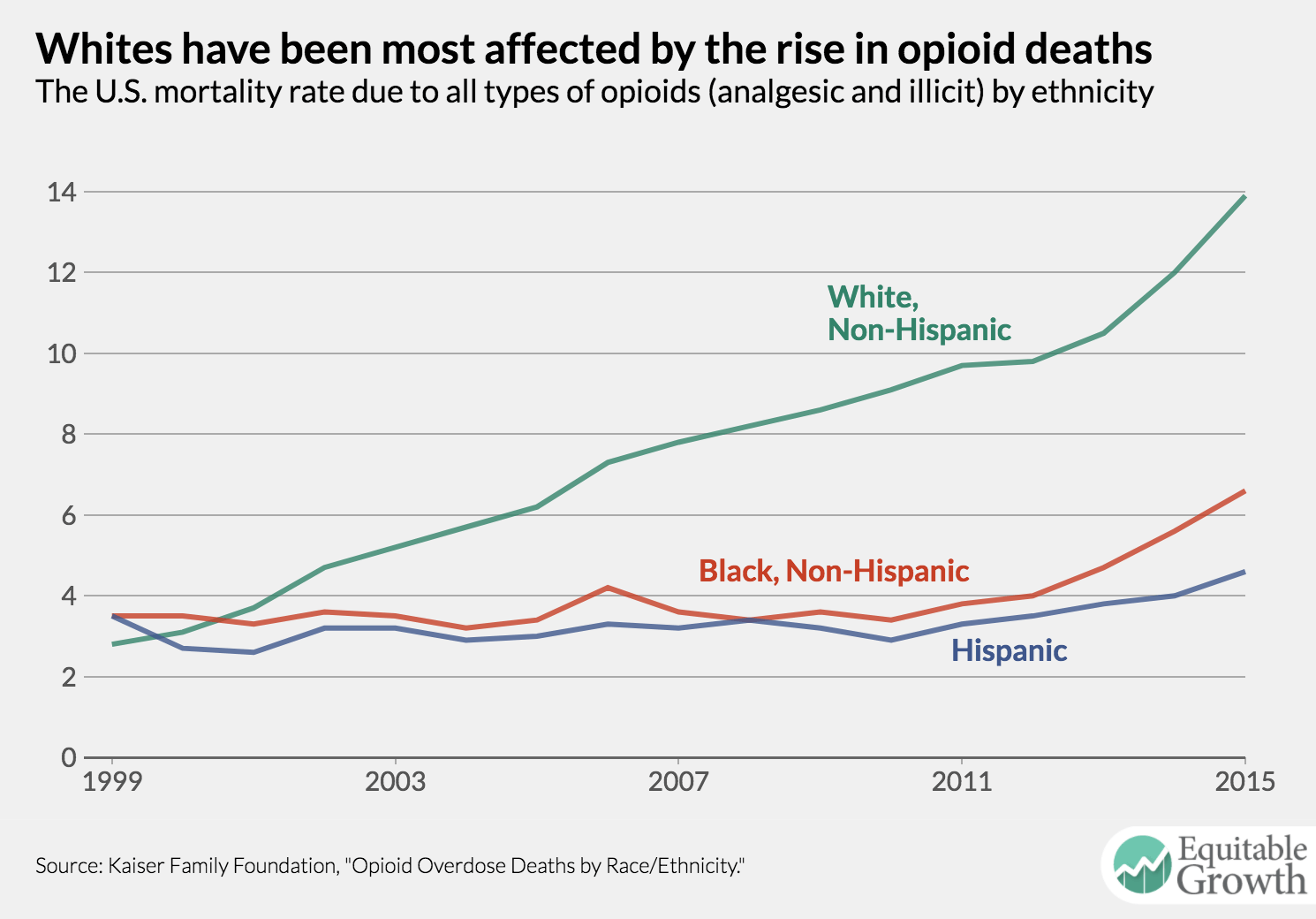Should-Read: The very sharp Peter Hall engages in what I think is some fuzzy thinking here, caused by his paying too much attention to economists’ tautological claim that people maximize their utility, or, as Peter puts it, “pursue their interests”. People’s actions are determined by their interests when they pursue the material well-being and freedom of themselves, their families, and those of particular concern by acting on well-founded beliefs about how the world works. When people act on beliefs that are not well-founded; or pursue goals that are not the material well-being and freedom of themselves, their families, and those of particular concern; are pursue the material well-being of people who do not have particular concern for them—well, then, they are acting against their interest, and according to ideas. To say that ideas shape interest is, in my view, unhelpful. Ideas create true or false consciousness, and then afterwards people act out of concern for their interest or because they are driven by ideas: Peter Hall: Ideas and Interests: “Interests are always interpreted (by ideas), i.e. they do not arise unambiguously from the material world…
…contrast the ‘ex ante’ account from interests with an ideas account of outcomes. But one might put even more emphasis… on… that people always act based on both their ideas and their interests…. It is impossible to have perceptions of interest without ideas (and it is those perceptions of interest rather than the interests in themselves that motivate actors). Thus claims that people are acting on their ‘interest’ are, in effect, claims that they are acting in line with some conventional set of ideas about what those interests are…. Now, there may be small sets of actors who in certain circumstances act against their ‘interests’ in the sense that they realize, by virtue of the ideas they hold, that they will lose something they value (material goods, power, etc.) by so acting. And those actors might do that as a result of holding (other) sets of ideas, eg. of the sort associated with some sort of ‘altruism’….
It becomes interesting to inquire about the role of ideas when there is (some kind of) contestation about precisely what is in the interest of the actors…. The key problem is to explain (make claims about) why some ideas become influential in specific contexts while others do not….
What sorts of implications follow from this? The Germans are probably… influenced by (Hayekian) ideas that tell them that their current posture is in the national interest as they construe it…. We can detect… instances that are distinctive by virtue of something about the prominence of the role that ideas play in them…. What is distinctive is that there was contestation… about how to interpret… the… interests of the populace…. The analytical way forward is… to ask: ‘how might we best distinguish between situations in which ideas play a somewhat different role in the interaction between interests and ideas that underpins all action?’…





